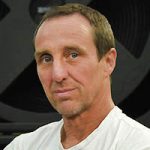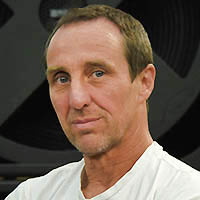To accomplish anything in life, we, as humanly creatures, must utilize an assortment of resources to accomplish any given task.
For example, going to a store to purchase something involves brain time in making the decision to venture out, “wear and tear” on our vehicle, and the depletion of our finances – all are expenditures of resources.
Even something as simple as watching TV, in which our visual and auditory perceptions are held captive or distracted, can be viewed from the perspective of having a resource cost.
According to our grade-school teachers, we possess the ability to perceive via five methods: sight, smell, taste, touch and hearing. Though these seem a bit oversimplified to me—and our ability to sense things like tension, fear, and acceptance seem awkwardly overlooked – the primary five will do for the points at hand.
If indeed we have this somewhat limited array of perceptions, and not unlike a computer, we also possess a finite ability to process the data supplied by our five input data ports at any given point in time, then theoretically the fewer things we focus on, the better we can be at them. Put another way, there are only so many things we can pay attention to, deal with, and effectively manage at any given moment.
As sound engineers, we do our best not to be distracted, to focus on listening and turning knobs to achieve the desired sonic outcomes. Watch, listen, adjust, repeat, over and over again, perhaps hundreds and hundreds of times during the course of a single show.
In a way, sound engineers for rock shows do not differ that much from the musicians we reinforce. Imagine a drummer, mid-drum solo, being asked to do some math calculations or give directions to the next gig – how would that affect his/her performance?
Think about the best shows you’ve ever seen. Were the musicians distracted or purely focused in the moment?
Guiding Force
We’re faced with the challenging task of immersing in two parallel realities. Usually we deal with a band playing or a person speaking whose primary focus is to communicate and connect with an audience. Our ability to stay in tune with that connection, whether riveting or disconnected, is the guiding force behind the technical decisions we make.
Meanwhile we control the sound the audience hears using a myriad of complex and technical tools. Again, also not unlike the musicians, we use physical items to transfer our thoughts into realities that can be experienced by others.
If we let ourselves become too focused on the performance, we may miss cues and lose our ability to preempt corrections that need to occur. If we let ourselves burrow into the methodic and technical control of the audio equipment, we may also miss the opportunity to enhance the connection between performers and audience.















